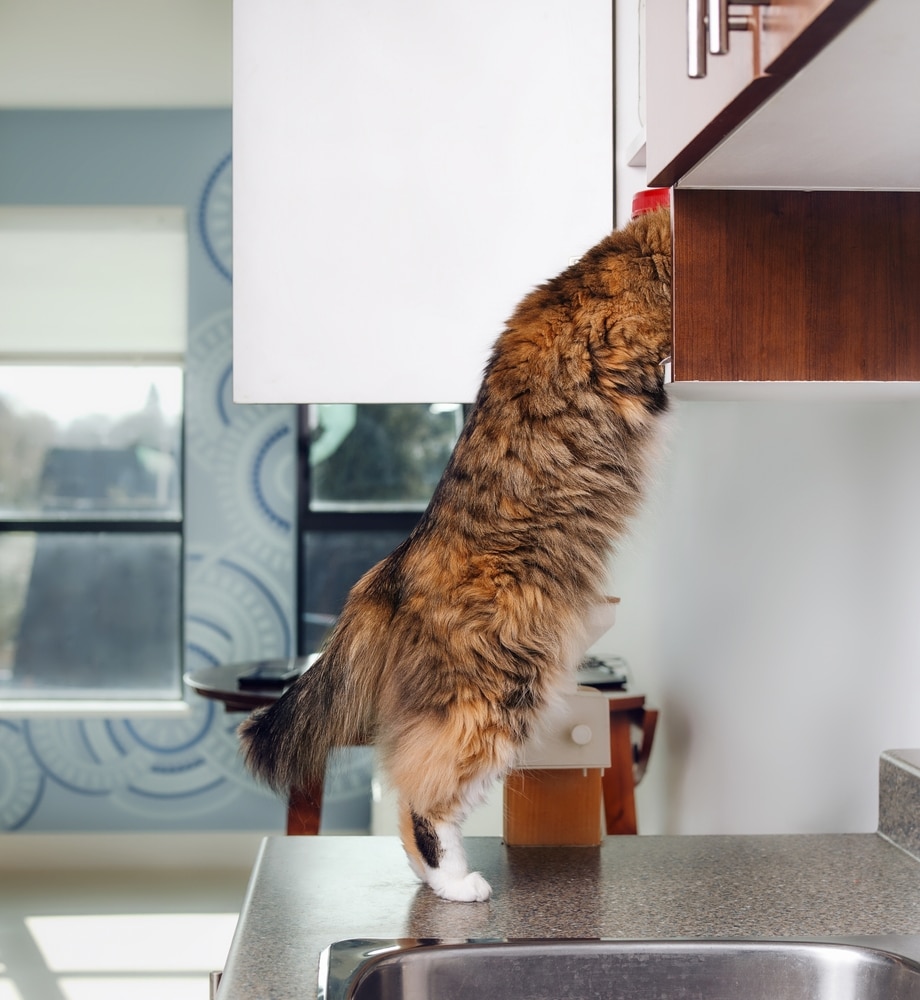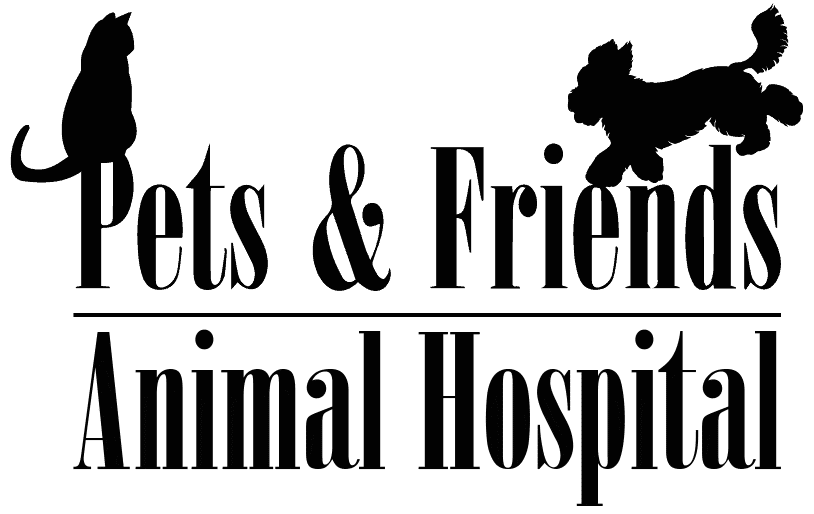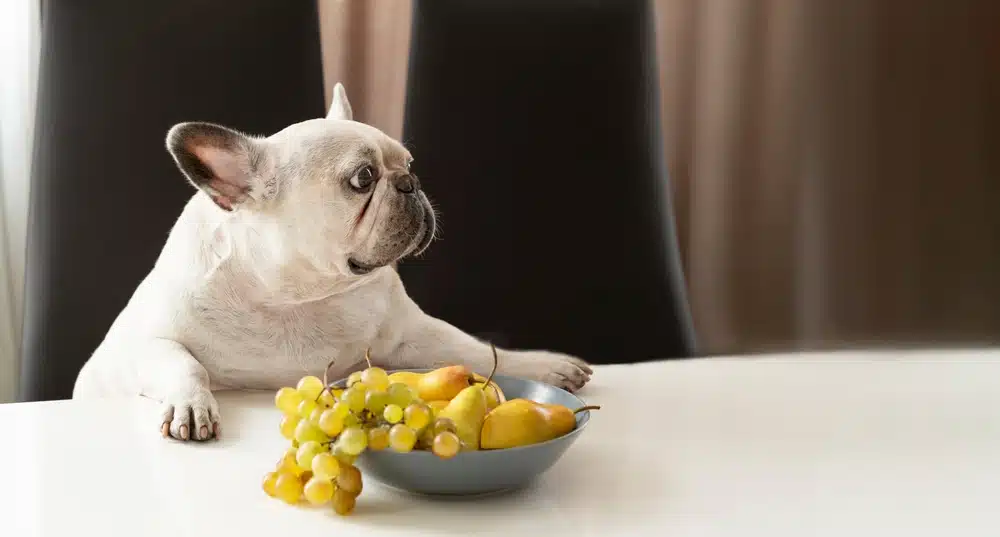Pets are endlessly fascinated by anything new in their environment. However, this curiosity can lead them to harm if they encounter something toxic. Your home, while secure and comfortable, contains hidden dangers such as chemicals, cleaners, and other pet toxins. While you have taken precautions to ensure your home is safe for your pet, some lesser-known toxins can pose severe risks to their health. Our Pets & Friends Animal Hospital team uncovers some of these surprising pet toxins in your home and provides tips on keeping your four-legged friend safe.
#1: Essential oils can poison pets
Essential oils may have therapeutic benefits, but most pet owners are unaware that certain oils can be toxic to their furry friends. Tea tree, citrus, cinnamon, and peppermint essential oils harm dogs and cats if ingested or if applied directly to their skin. Pets’ essential oil toxicity signs include vomiting, drooling, difficulty breathing, and sometimes liver failure. To prevent accidental exposure, keep essential oils out of your four-legged friend’s reach and avoid using them in areas your pet frequents.
#2: Xylitol is a highly toxic ingredient for pets
Xylitol, a sugar substitute commonly used in sugar-free gums, candies, baked goods, and some peanut butter brands, is harmful to pets, particularly dogs. Xylitol ingestion can cause a rapid insulin release in dogs, leading to hypoglycemia (i.e., low blood sugar), seizures, and liver failure. Even if your pet ingests a small amount, xylitol can be toxic, so ensure you read ingredient labels carefully and keep products containing xylitol safely stored away from your furry friend.
#3: Grapes and raisins shouldn’t be given to pets
While many pet owners know that chocolate and other common foods are toxic for pets, grapes, raisins, and currants are often overlooked. These seemingly harmless fruits can cause kidney failure in dogs, even if they ingest only a small quantity. Pets’ grape or raisin toxicity signs include vomiting, diarrhea, lethargy, and decreased urine production. Never give your pet grapes or raisins, including trail mix that might contain raisins.
#4: Lilies are especially toxic to cats
Lilies are common household plants cherished for their beauty and fragrance, but they can be deadly to cats. All lily plants’ parts, including the flowers, leaves, stems, and pollen, are toxic to cats and can cause kidney failure. A small nibble or exposure to pollen can be enough to cause severe illness in felines. If you have a cat, do not bring lilies into your home or plant them in your garden.
#5: Batteries can be harmful to pets
Many pets want to explore small items in their surroundings, especially if the products fit in their mouths. Batteries can cause mouth ulcers because of the alkaline inside, which can leak out if your pet bites it and punctures the battery. Your pet can also choke on a battery if they swallow it and the battery lodges in their throat.
#6: Over-the-counter medications should never be given to pets
Everyday, over-the-counter (OTC) drugs, such as acetaminophen, ibuprofen, and cold and flu medications, can be toxic to cats and dogs. Pills, including vitamins, often have a sweet coating that may appeal to your furry friend. If your pet ingests a pill or two, they could develop a dangerous condition such as kidney failure. Keep these drugs away from your four-legged friend, and always consult your veterinarian before giving your pet any medication—OTC or prescription.
#7: Household chemicals that are toxic to pets
Many common cleaners and chemicals can be toxic to pets if ingested. Ensure that the following chemicals are safely stowed away, out of your pet’s reach:
- Cleaning products, including bleach and ammonia
- Disinfectants
- Toilet bowl tablets
- Fabric softener sheets
- Aerosol air fresheners
- Antifreeze
- Battery acid
- Paint
- Glue
- Rat and mouse bait
- Insecticides
- Lawn care chemicals
Pet-proof your home

Pet-proof your home to prevent your furry pal from being exposed to toxins. Install child-proof locks on cabinets where chemicals are stored, choose pet-friendly plants for the house, and never give your pet food without knowing all the ingredients. Save the Pet Poison Helpline and Pets & Friends Animal Hospital numbers on your phone so you can call immediately for guidance if your pet ingests a toxin.
Keeping your pet safe from harm is your priority, and you must learn to recognize the lesser-known toxins that may be present in your home. By educating yourself about these surprising pet toxins and taking proactive measures to prevent your furry pal from getting into them, you help ensure their health and safety. For additional information about common pet toxins, contact our Pets & Friends Animal Hospital team.

